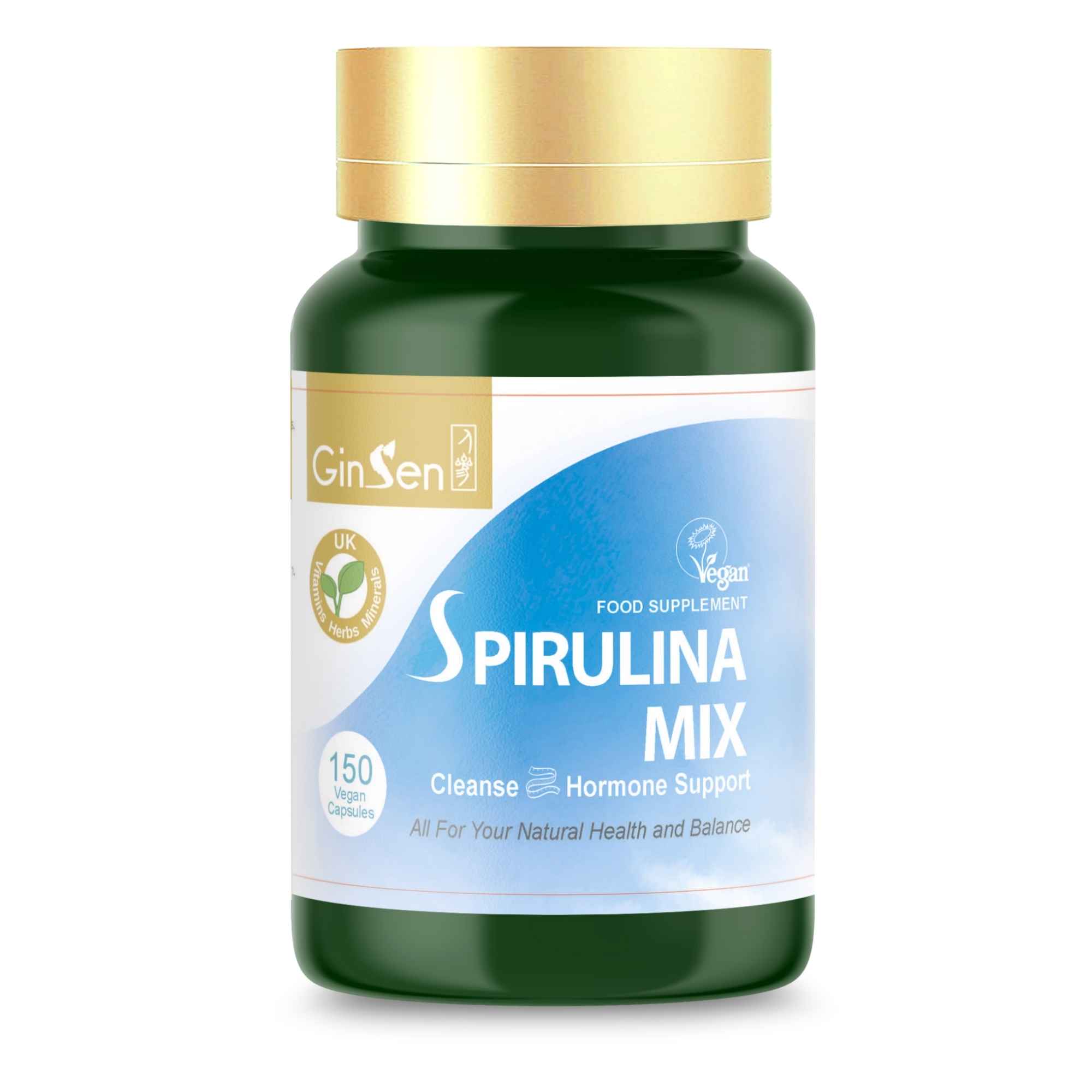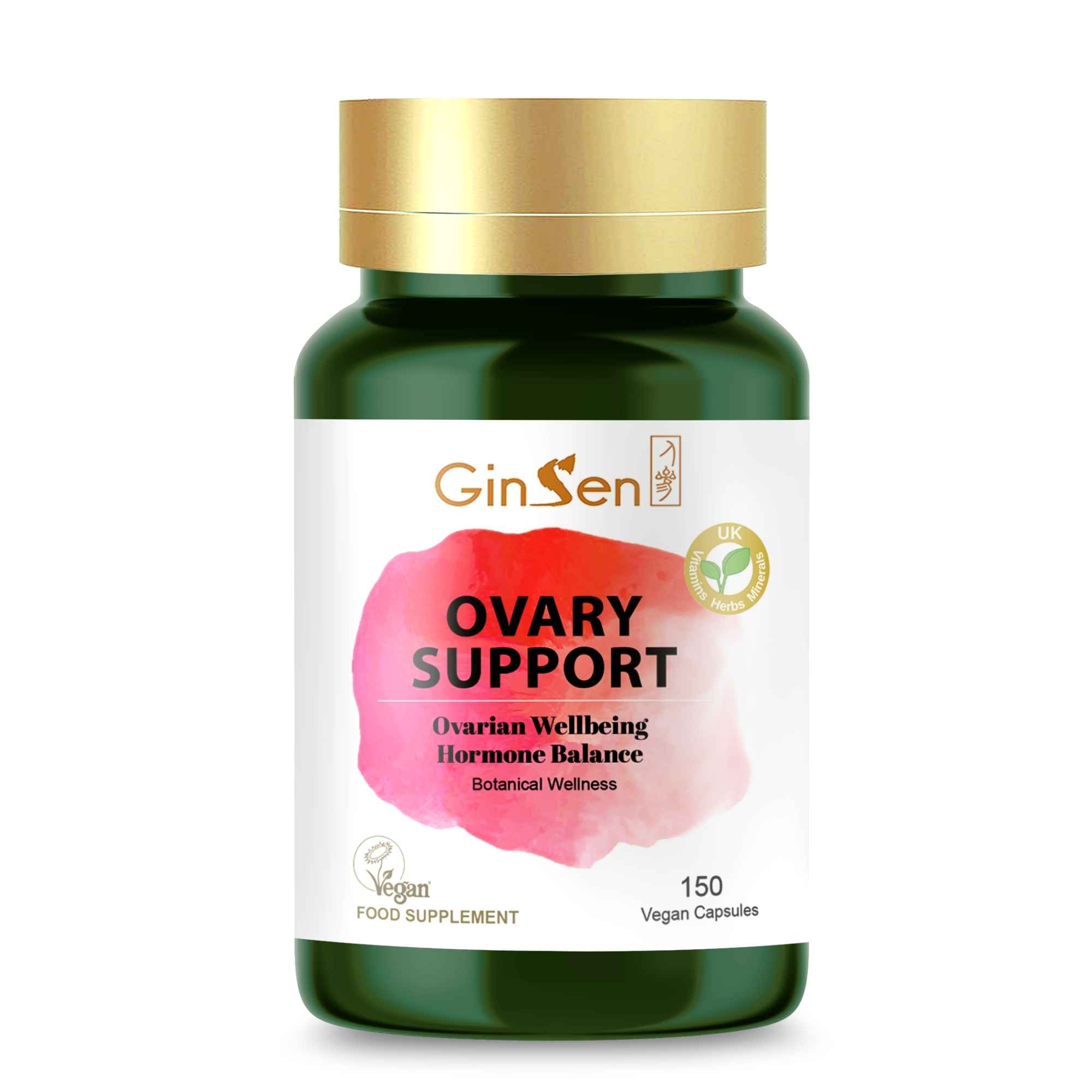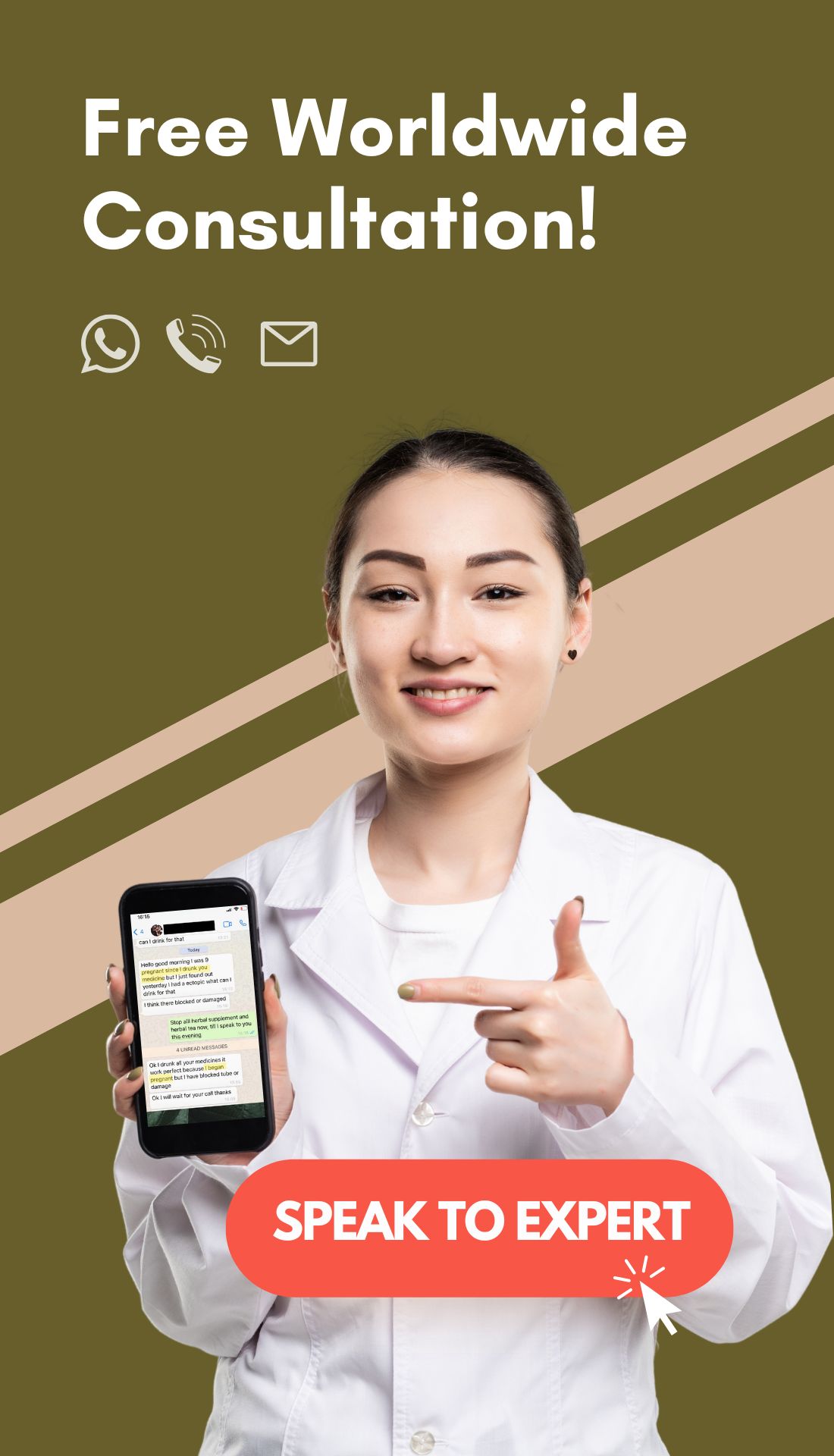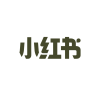
4 Types of PCOS – Which One Do You Have?
Polycystic ovarian syndrome (PCOS) is a common condition affecting around 1 in every 10 women in the UK.
PCOS, is a severe hormonal condition that causes problems with periods, fertility, hair growth, and weight gain. It is defined as the presence of two out of three symptoms, including irregular periods, excess male hormones (androgens), and lots of fluid-filled sacs (cysts) in the ovaries. These cysts are egg cells that never mature enough to begin ovulation.
PCOS Types: Which Type Do I Have?
In Traditional Chinese Medicine (TCM), PCOS is understood through a different lens than in Western medicine. TCM categorises PCOS into various types based on underlying imbalances in the body.
- Insulin-Resistant PCOS (Spleen Qi Deficiency)
- Post-Pill PCOS (Liver Qi Stagnation and Spleen Qi Deficiency)
- Adrenal PCOS (Kidney Qi Deficiency and Liver Qi Stagnation)
- Inflammatory PCOS (Damp-Heat Accumulation and Blood Stasis)
PCOS Types Explained
Understanding the different types of PCOS helps to address the root cause of the condition. Currently, there are 4 types of PCOS defined by both Traditional Chinese Medicine (TCM) and Western medicine. Let’s go through each one alongside potential underlying mechanisms.
1. Insulin-Resistant PCOS (Spleen Qi Deficiency)
Insulin-resistant PCOS is the most common type, affecting almost 70% of patients. Insulin resistance occurs when your cells no longer respond to normal levels of insulin, forcing your pancreas to pump out ever higher quantities. If you have difficulty losing weight, experience fatigue, and have dark patches of skin, you might have Insulin-Resistant PCOS. Some other symptoms also include like brain fog, facial hair, acne, and hair loss.
Chinese Medicine Perspective of Insulin-Resistant PCOS:
According to TCM, this type of PCOS can be understood as a manifestation of Spleen Qi Deficiency. The spleen is crucial for digestion and the transformation of food into Qi and blood. When weakened or deficient, it struggles to process and distribute nutrients, leading to dampness and phlegm accumulation. This explains the hormonal imbalance, weight gain, fatigue, and brain fog. Additionally, there may be Kidney Yang Deficiency, which weakens the body’s metabolic warmth and energy, and Liver Qi Stagnation, which disrupts the flow of Qi, exacerbating stress and contributing to hormonal imbalances.
Related: Insulin Resistance PCOS Treatment
2. Post-Pill PCOS (Liver Qi Stagnation and Spleen Qi Deficiency)
Post-pill PCOS is a side effect that occurs when people stop taking the oral contraceptive pill. It’s associated with acne, excess hair growth, and irregular periods. Usually, it’s caused by a rapid surge in androgens after stopping the pill, leading to an imbalanced hormonal state.
Chinese Medicine Perspective of Post-Pill PCOS:
In Post-Pill PCOS, the primary Traditional Chinese Medicine (TCM) patterns observed are Liver Qi Stagnation and Spleen Qi Deficiency. The discontinuation of birth control pills can lead to a disruption in the smooth flow of Liver Qi, causing hormonal imbalances, emotional stress, and irregular menstrual cycles.
3. Adrenal PCOS (Kidney Qi Deficiency and Liver Qi Stagnation)
PCOS can generate spontaneously in response to stress. Accounting for around 10% of people with the diagnosis, it’s associated with one particular male hormone, androstenedione. Adrenal PCOS is often linked to stress, anxiety, and elevated levels of DHEA-S (a stress hormone).
Chinese Medicine Perspective of Adrenal PCOS:
Two important factors in Chinese medicine are Kidney Qi Deficiency and Liver Qi Stagnation. The former disrupts hormone levels and often accompanies adrenal insufficiency, leading to fatigue and weakened stress response. Liver Qi Stagnation, on the other hand, Liver Qi Stagnation. hinders the smooth flow of energy in the body, exacerbating hormonal imbalances triggered by stress. Together, these imbalances can contribute to the development of Adrenal PCOS.

4. Inflammatory PCOS (Damp-Heat Accumulation and Blood Stasis)
Much rarer than other PCOS types, it’s caused by chronic inflammation. In response to this pro-inflammatory state, the ovaries excrete high levels of testosterone, triggering problems with ovulation and causing male secondary sexual characteristics, e.g., facial hair and hair loss. The condition is diagnosed due to a high CRP level (a measure of inflammation) alongside other diagnostic factors.
In TCM, inflammatory PCOS is associated with damp-heat accumulation. As the chronic inflammation continues, the body begins to build up dampness and heat – think of the humidity in a warm room. This obstructs the proper flow of Qi and blood (i.e., Blood Stasis), leading to symptoms like irregular ovulation, facial hair, and hair loss.
Blood stasis is also influenced by chronic inflammation, leading to poor blood flow to the ovaries. Limited blood flow impairs normal functioning and is associated with raised androgen levels and irregular periods. It’s linked to both Qi deficiency and stagnation.

How to identify what type of PCOS you have
It’s crucial to identify the root cause of your PCOS, as each type requires a tailored approach to treatment. For a more accurate diagnosis, particularly from a Chinese Medicine perspective, we recommend consulting with an experienced and qualified TCM expert. At Ginsen, we offer a free consultation that includes a detailed diagnosis and a personalised treatment plan tailored to your specific type of PCOS.
Natural PCOS Treatment
So, that’s the 4 types of PCOS. The answer is what you should do about them. Traditional Chinese Medicine recommends three interventions: acupuncture, diet and lifestyle changes and addition of supplements to your daily routine.
Acupuncture
Acupuncture works on several of the underlying causes of PCOS, from abnormal stress levels to blood stasis. Let’s go through each one:
- Regulating Hormone Balance. Acupuncture is known to regulate and correct hormonal levels in women. In one review, several studies demonstrated an increase in β-endorphin levels, which regulate FSH, LH, and androgens (all of which are affected by PCOS). Another review found that acupuncture increased levels of oestrogen, progesterone, prolactin, and other hormones, producing a pro-fertility state.
- Promoting Blood Flow. Acupuncture stimulates ovarian and uterine blood flow, improving function and preventing blood stasis. The result? Increased fertility, reduced symptoms, and greater likelihood of carrying a baby to term.
- Reduces Stress. The procedure inhibits the sympathetic nervous system, lowering stress levels. One study found that students who underwent acupuncture had lower stress scores after 12 weeks of treatment.
- Improved Insulin Sensitivity. A systematic review identified 20 high-quality studies that demonstrated acupuncture decreased insulin resistance. It is an effective and safe treatment for correcting this disorder.
Get Help With Your Condition
We suggest going to an acupuncturist who is qualified and has PCOS experience. All of our acupuncturists at GinSen are certified by the British Acupuncture Council and the Royal Society of Medicine. They also have over 30 years of experience helping people with fertility.
Book ConsultationRecommended Supplements
Spirulina
As the search for effective and natural treatments continues, Spirulina, a nutrient-dense blue-green algae, has emerged as a promising option. It is a type of cyanobacteria, increasingly renowned for its antioxidant properties and nutrient profile. Learn more about benefits of Spirulina for PCOS here.
If you’re looking to incorporate Spirulina into your daily routine for its impressive nutritional content and health benefits, there are several options available. One excellent choice is GinSen’s Spirulina Mix, which is more than just pure Spirulina. This supplement combines Spirulina, a renowned superfood, with 8 additional herbs and vitamins, offering a comprehensive health boost.


Ovary Support
Women’s health begins with the ovary. It is important to maintain a healthy body to produce good quality eggs. GinSen’s Ovary Support are ovarian health supplements, a unique blend to support women who have and PCOS or are trying to conceive (TTC). New Improved Formula contains expertly formulated vegan friendly 8 herbs and vitamins to reduce stress, support reproductive health and promote ovarian health. The first steps on your journey to parenthood start here.
Diet and Lifestyle Changes
Traditional Chinese Medicine does not advocate a one-size-fits-all approach to treating PCOS – it all depends on the PCOS type. While certain lifestyle changes, such as regular exercise, stress reduction, and good sleep, are common to the 4 types of PCOS, other guidance is condition-specific.
Follow this advice:
- Insulin-resistant PCOS: Treatment focuses on warm, easily digestible foods like cooked vegetables and whole grains to strengthen the spleen and reduce dampness.
- Post-Pill PCOS: Benefits from nourishing foods such as black beans, walnuts, and bone broth to support kidney health.
- Adrenal PCOS: Requires stress management techniques like meditation, along with a balanced diet that includes green leafy vegetables to soothe the liver.
- Inflammatory PCOS: Should avoid spicy, greasy, and inflammatory foods, favouring cooling foods like cucumber and bitter greens to clear heat and resolve dampness.

Bottom Line
Identifying the type of PCOS you have involves looking at specific symptoms and understanding their underlying causes. There are four main types of PCOS: Insulin-Resistant PCOS, Post-Pill PCOS, Adrenal PCOS, and Inflammatory PCOS. If you have difficulty losing weight, experience fatigue, and have dark patches of skin, you might have Insulin-Resistant PCOS. If your symptoms started after stopping birth control pills, it could be Post-Pill PCOS. Adrenal PCOS is often linked to stress, anxiety, and elevated levels of DHEA-S (a stress hormone). Inflammatory PCOS involves chronic inflammation, leading to symptoms like joint pain, skin conditions, and digestive issues.

For more information about how Chinese Medicine can help you with PCOS, book your free consultation with our Chinese Medicine experts today
* These statements have not been evaluated by the Food and Drug Administration. This information is not intended to diagnose, treat, cure, or prevent any disease. We can’t guarantee the treatment result, as the symptoms of conditions are unpredictable and vary greatly from person to person. The treatment length and recovery time also varies for individual. Please visit our clinics website: GinSen where a specialists will discuss your care and provide a consultation, and the treatment will be designed to meet your individual needs.





